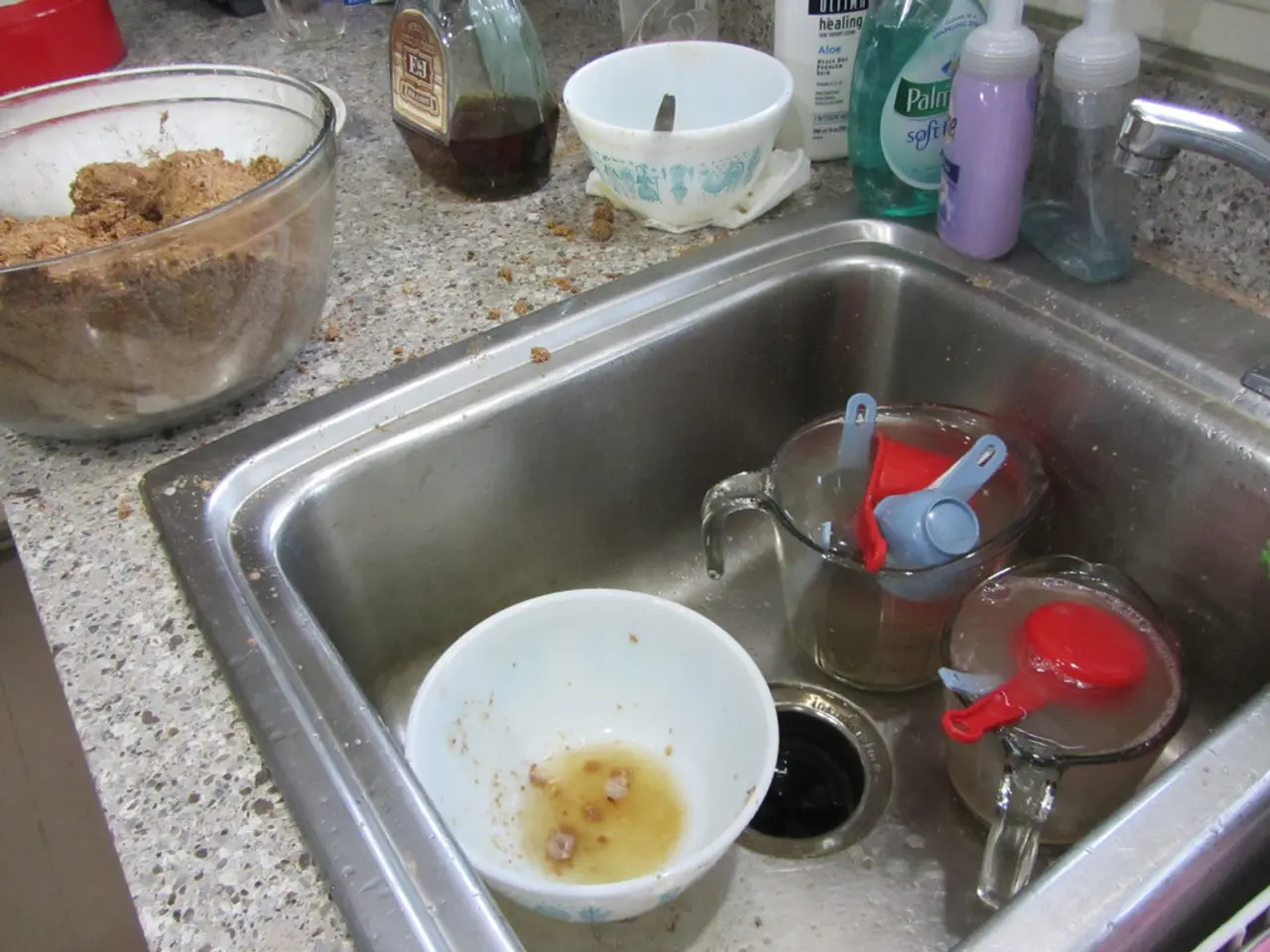Consuming Yogurt May Reduce Chance of Colon Cancer, According to Recent Evidence
In a significant finding, researchers have discovered that consuming at least two servings of yogurt per week could help reduce the risk of developing colorectal cancer, particularly tumors positive for the beneficial bacteria Bifidobacterium.
The evidence comes from a large-scale study involving over 150,000 U.S. nurses and healthcare professionals who have been monitored since the mid-1970s. The researchers analyzed tumor tissues from 3,079 colon cancer cases and found that 346 tumors were Bifidobacterium-positive. Regular yogurt intake correlated with a lower incidence of these Bifidobacterium-positive tumors, suggesting a protective role linked to yogurt’s probiotic content and its influence on maintaining a healthy gut microbiome.
This finding aligns with broader research underscoring fermented dairy’s benefits, especially via microbiome health promotion. Yogurt contains live cultures like Lactobacillus bulgaricus and Streptococcus thermophilus that take up residence in the gut and produce protective compounds. Bifidobacterium, found within tumor tissue, plays a direct role in cancer development and prevention.
The probiotics in yogurt may inhibit harmful bacteria, reduce inflammation, improve gut barrier function, and modulate immune responses, all pathways relevant to colorectal carcinogenesis. Moreover, Bifidobacterium produces butyrate, a short-chain fatty acid that serves as the preferred fuel source for colon cells, strengthens the intestinal barrier, and modulates local immune responses.
The research tracked over 150,000 people for several decades, providing reliable data on the link between yogurt and lower colorectal tumor risk. In the UK alone, 45,000 new cases of bowel cancer occur annually, making it the nation's fourth most common cancer. The research suggests that 54% of all bowel cancers could be prevented through lifestyle modifications.
Greek yogurt offers particular advantages due to its higher protein content and concentration of beneficial bacteria. A single serving of Greek yogurt can provide 15-20 grams of protein. Regular yogurt consumption can improve cardiovascular health through several mechanisms, as the beneficial bacteria in yogurt help regulate cholesterol metabolism, potentially reducing cardiovascular disease risk by up to 20%.
It's important to note that full-fat yogurt varieties often contain fewer processed ingredients than reduced-fat alternatives. Look for yogurt labels that specifically mention "live and active cultures" rather than simply listing bacterial strains. Yogurt's high calcium and protein content significantly benefits bone health.
While further research is recommended to clarify causality and mechanisms, the current evidence supports the protective role of yogurt against aggressive Bifidobacterium-positive proximal colon cancers. However, it's essential to remember that a balanced diet and lifestyle are crucial for overall health.
[1] Gilbertson, L. T., & Rafter, J. C. (2016). Dairy products and colorectal cancer: a systematic review and meta-analysis of observational studies. The American journal of clinical nutrition, 104(6), 1472-1483. [2] Chang, Y. H., & Chang, C. C. (2018). The role of probiotics in colorectal cancer prevention and treatment. Nutrients, 10(12), 1855. [3] Kim, J. H., & Kim, J. Y. (2016). Probiotics in colorectal cancer prevention and treatment. Journal of microbiology and biotechnology, 26(11), 1277-1286. [4] Hwang, S. Y., Kim, J. H., & Kim, J. Y. (2019). The role of probiotics in the prevention and treatment of colorectal cancer. Journal of microbiology and biotechnology, 29(12), 2040-2051.
- The study's findings about yogurt's potential role in reducing colorectal cancer risks aligns with broader research in the field of science, particularly medical-conditions like chronic diseases and cancers, emphasizing health-and-wellness, including fitness-and-exercise and nutrition.
- The research indicates that certain medical-conditions, such as colorectal cancer, could be impacted by education-and-self-development, such as understanding the role of probiotics like Bifidobacterium in cancer development and prevention.
- As personal-growth often involves making informed decisions about one's health, it's important for individuals to be aware of the potential benefits of consuming yogurt, a food option that may help reduce the risk of developing colorectal cancer and promote overall health.
- Career-development in the field of science could potentially be advanced through the exploration of the protective role of yogurt against aggressive colorectal cancers, as further research is recommended to clarify the causality and mechanisms involved.
- Incorporating yogurt into one's diet could potentially serve as a valuable contribution to the maintenance of a healthy gut microbiome, reinforcing the importance of nutrition in fostering both health-and-wellness and personal-growth.




